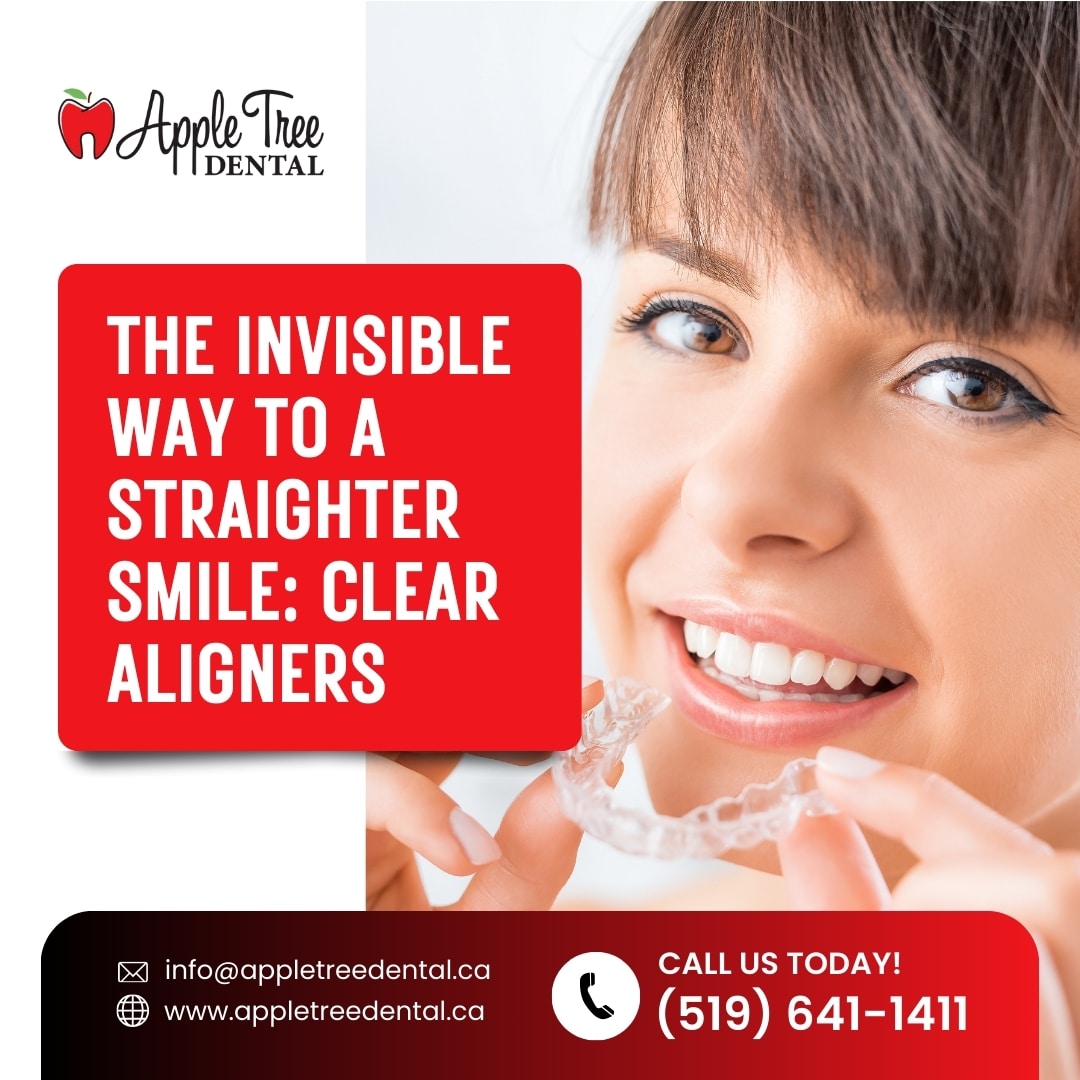Blog
Dental Care And Covid 19 – Spreading Facts Not Myths
Introduction:
We have compiled this article on Dental Care And Covid 19 – Spreading Facts Not Myths. The reference links are at the bottom of the article.
[1]One of the most significant public health concerns that have disquieted the whole world today is the novel Coronavirus. All the major and the minor countries have been suffering from this pandemic globally. Millions of people have been affected by this novel coronavirus, which has impacted individuals’ minds, bodies, and souls. Keeping all these in mind, maintaining health, and taking self-care are paramount in today’s scenarios. This includes oral health care as well. Even before this covid pandemic, the prevalence of oral health-related problems was at its peak. About 2.3 billion people suffer from untreated tooth decay, and almost 530 million children have primary tooth decay, according to the global burden of diseases 2017.
Along with the covid pandemic, dental caries is one of the biggest health care concerns. With this covid pandemic, the re-examinations of oral health have faced many new challenges and threats and new opportunities. With a simple search of “dentist near me, “numerous oral health care providers and dental health care are available near you. It has been shown that preventing oral health diseases can reduce the risk of covid 19 to a great extent. An experienced dentist will help you with proper screening and will help you reduce this risk of developing any oral health diseases significantly. In this blog, we will discuss specific protective measures in dentistry in the pandemic and provide you with some tips to reduce the prevalent oral health diseases.
Protective Measures In Dentistry
Health care professionals of every field inherit the new norms in this long-term impact of covid 19. This is also implemented in the field of dentistry. Dental professionals adapt to the new norms and methods to be included while providing oral health care to patients. Unlike the other life-threatening infectious diseases, usually bloodborne, coronavirus is an airborne disease. The mode of infection in coronavirus is why it poses a significant threat to humankind. So for this, many precautionary measures have been implemented. Strict and secure screening of the patients before entering the dental setups.
Proper temperature monitoring, oxygen saturation, and cold and flu are some of the most important aspects that have to be taken care of. This ensures that the patient entering the dental setup is not a carrier or an infected individual. Infection control facilities like hand sanitizers mask and social distancing are necessary. Reducing the amount of aerosol in the dental clinic is one of the most important precautions to be implemented. For this, the amount of aerosol production is reduced, the air is purified by regulating the use of air purifiers, and maintenance of proper ventilation across the rooms, and improved air conditioning are implemented. Procedures that include the patient’s blood and saliva, appropriate isolation methods are followed diligently. Many new health promotional strategies have been implemented for both the patients and the dentists to reduce the risk significantly.
Oral Hygiene And Covid 19
Poor oral health affects the mouth and significantly impacts our whole body. It also includes the increased risk of contracting covid 19. Coronavirus is an airborne infectious disease mainly found in saliva and nasal discharge. Coronavirus enters a person’s body through the nose and mouth. From there, they travel to the body, where they infect the healthy cells. These causes a sore throat and other related symptoms. Maintaining proper oral hygiene can significantly reduce this risk. Maintaining a balance between pathogenic and non-pathogenic bacteria is all we need to do. Along with basic covid guidelines of hand sanitisation, social distance maintenance, and avoiding repeated contact with your face and nose, maintaining proper dental hygiene is also very important. For this, follow these simple instructions.
- Be diligent with cleaning and disinfecting your toothbrush. Coronavirus may survive on the surface of a toothbrush for up to three days. So proper disinfection and cleaning of your toothbrush are critical. Rinse it with 0.5 percent hydrogen peroxide for at least 15 minutes. Before brushing, do not forget to rinse your brush with normal water.
- Replace your toothbrush every 3 months. This time can be reduced to even less in the covid pandemic, according to professionals.
- Store your toothbrush in a safe and hygienic environment. Dry it after every wash. This will eliminate the growth of bacteria on its surface.
- Regular use of antiseptic mouthwash will reduce the accumulation of bacteria in the mouth to a very great extent. This also helps in keeping your saliva healthy and pathogens-free.
- Have plenty of fluid within a day to boost your immunity and reduce the food accumulation in the mouth.
- Floss and brush daily. It will reduce plaque accumulation in the mouth.
[2]Regular oral hygiene is important for a healthy mouth and a healthy body. Regular cleaning of the tongue and teeth will help you in many ways. This covid pandemic has increased oral health care in many people. It has provided new opportunities, renewed interest, and increased awareness of oral self-care. This will ensure you with improved oral health gains in the long term. Along with all this, professional guidance and regular screening of your mouth are also essential. At Clove, we provide you with a safe and hygienic environment, along with the best dental health care needs.
Dentistry And Pandemic
Production and spread of aerosols are the prime and major reason that further leads to transmission of the disease. A lot of air-borne pathogens are produced during dental procedures causing consequent spread of the illness to dental health workers and subsequent patients. Also dental patients can carry the COVID-19 virus asymptomatically at the time of dental treatments. The droplets released from the dental treatment can survive for several hours in the air and ultimately be a potential source of multiple transmissions.
The Center for Disease Control (CDC) has proposed certain protocols for infection control mainly focusing on the blood-borne infections but the air-borne infection protocols are not well stated yet. Not only this, the pandemic has adverse effects on the economy of the dental community as well. The fear and apprehension of visiting dental clinics has increased among the patients since the outbreak of Covid-19. New health promotion strategies and policies are mandatory to be implemented to bring back patients to dental clinics so that needful treatment is done. The dentists around the globe need to unite together to combat the spread of this virus.
Protective Measures In Dentistry
It is mandatory to include protective measures and certain guidelines to control infection in dental setting. Dental offices will only be considered safe and infection free once the guidelines are implemented and followed strictly.
Teledentistry must be followed which should include tele-screening and tele-communication with the patients. The in-office appointments should only be allowed after tele-consultations. Proper history including history about any symptoms resembling a cold, flu, or even stomach/digestive issues, as well as about any recent travel should be verified over tele-communications. If the patient needs to visit dental office, they should be encouraged to wear masks and also to visit the clinics alone. There must be an appropriate interval between patients’ appointments in order to allow for enough time for disinfection and airing of the dental office which will help significantly to reduce possible aerosol contact between patients.
The waiting area should be made free of all common decorative, promotional, or unnecessary devices/ tools such as pamphlets, magazines, books, etc. The reception area should be disinfected at regular basis and should also have good ventilation. Immediately after entering the dental office one must sanitize his/her hands. For better information of the previous history of the patients questionnaires should be incorporated including questions of having a fever in the past 14 days, any reduced sense of smell or taste, having flu-like symptoms, cough, difficulty breathing, body ache or diarrhea, history of traveling to high risk areas or contact with people who have recently travelled to high risk areas.
Conclusion
Covid-19 has affected numerous aspects of our life including the dental practice as well. Dentists should stick to the new protocols and follow the newly proposed guidelines in order to prevent the infection. It is recommended that all dental practitioners and dental axillaries keep themselves updated as new scientific data evolves regarding COVID-19. Four-handed dentistry should be encouraged. Pandemics rarely occur, and practical experience gained will be a lifelong lesson for the volunteer. In fact, the fighting spirit of a volunteer working in risky operations instills a high moral esteem and self-confidence. The dangers of this crisis are devastating and clear. The change in the usual dental practice is the need of an hour. Non-emergency dental cases should be postponed or delayed to reduce the aerosol production during dental procedures.
Conclusion:
Thank you for reading this article and check back frequently for other dental health articles. Should you have any questions, please contact Apple Tree Dental today!
Article compiled by Apple Tree Dental
Article reference links






